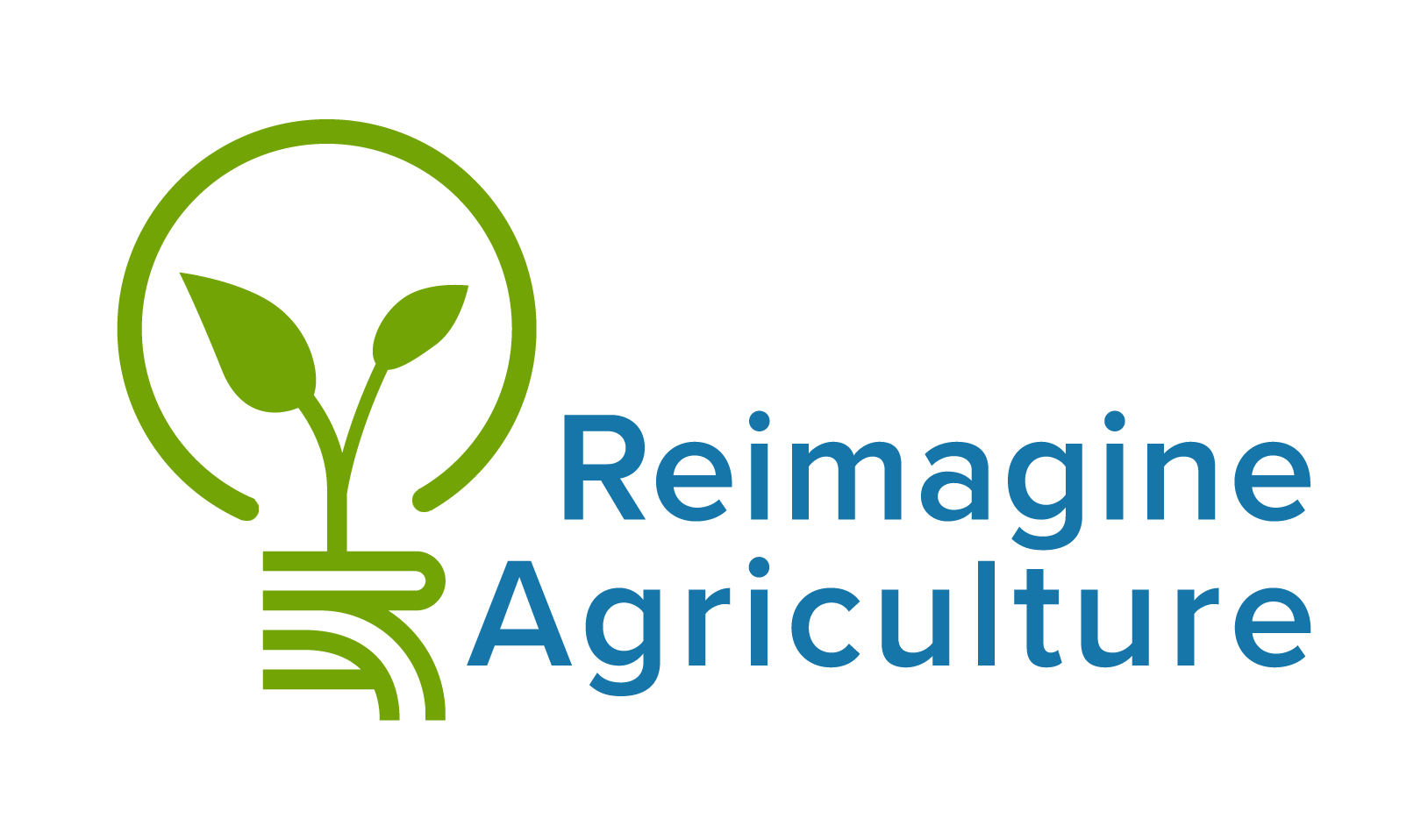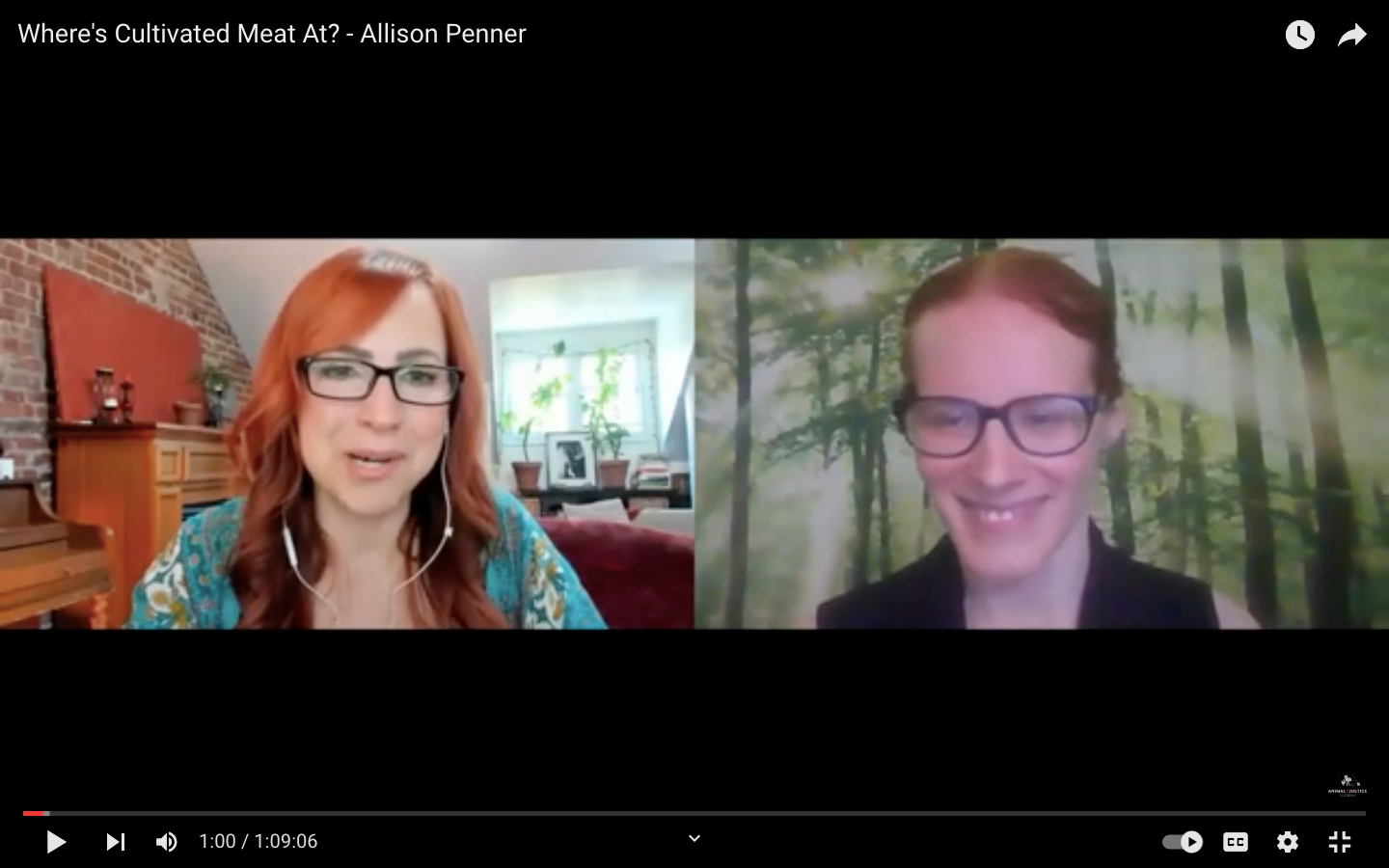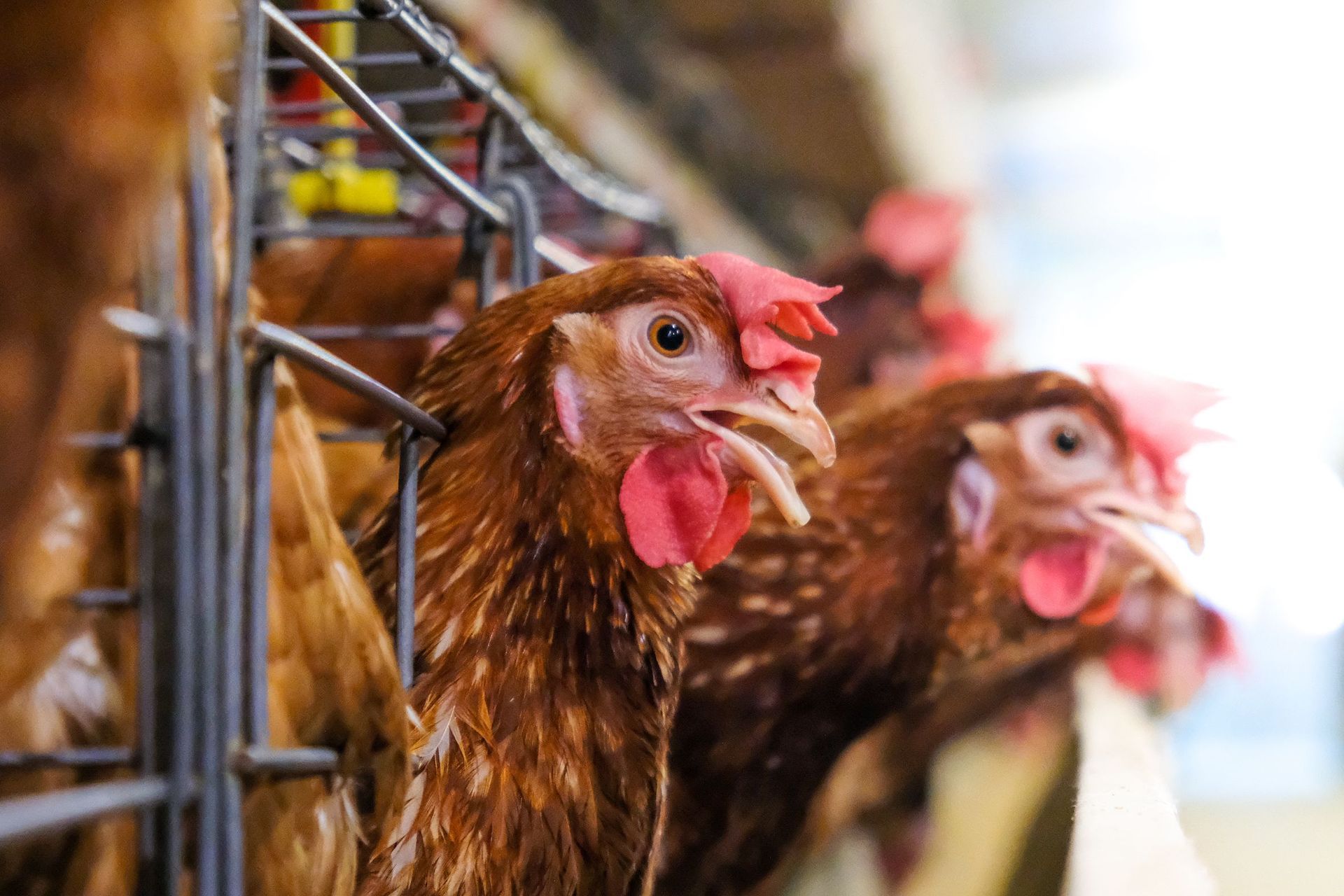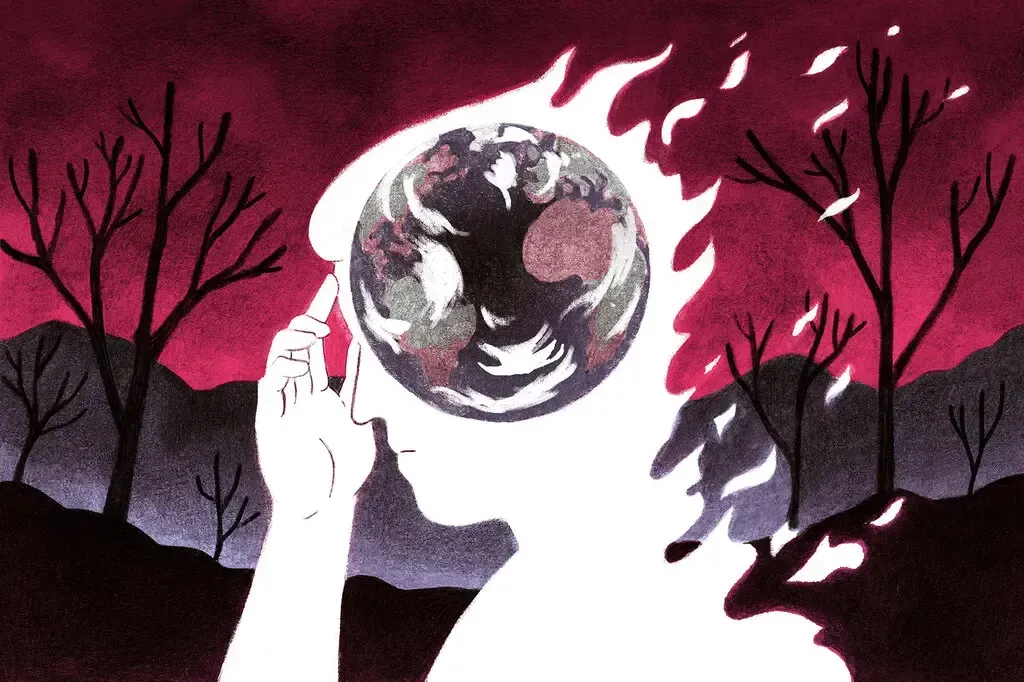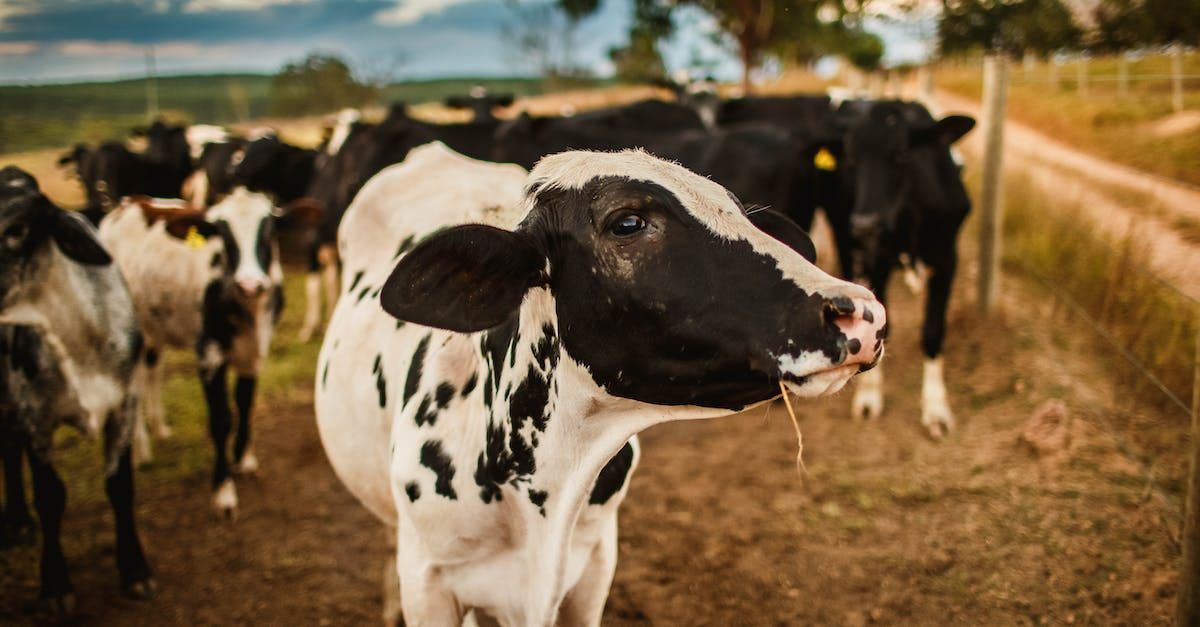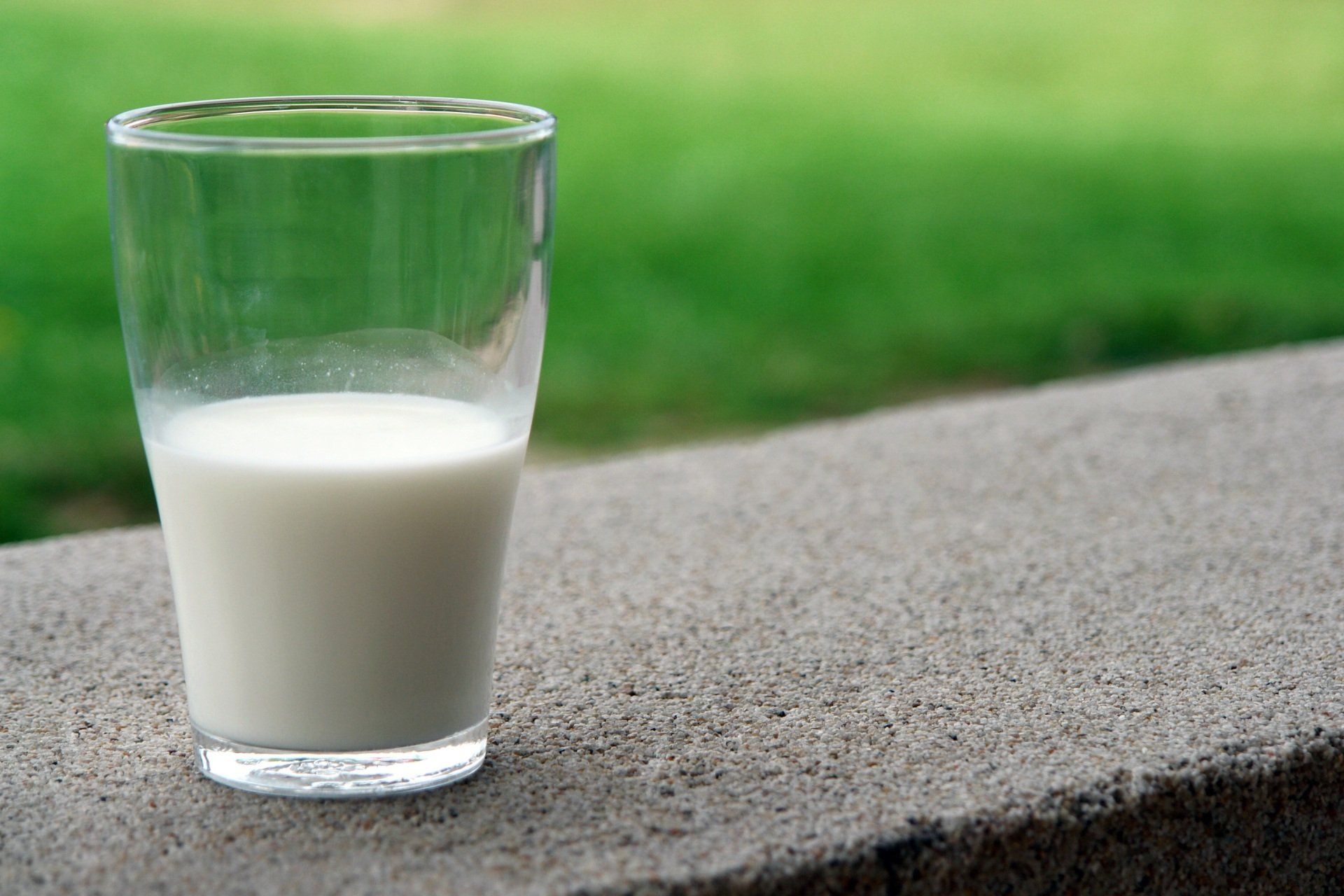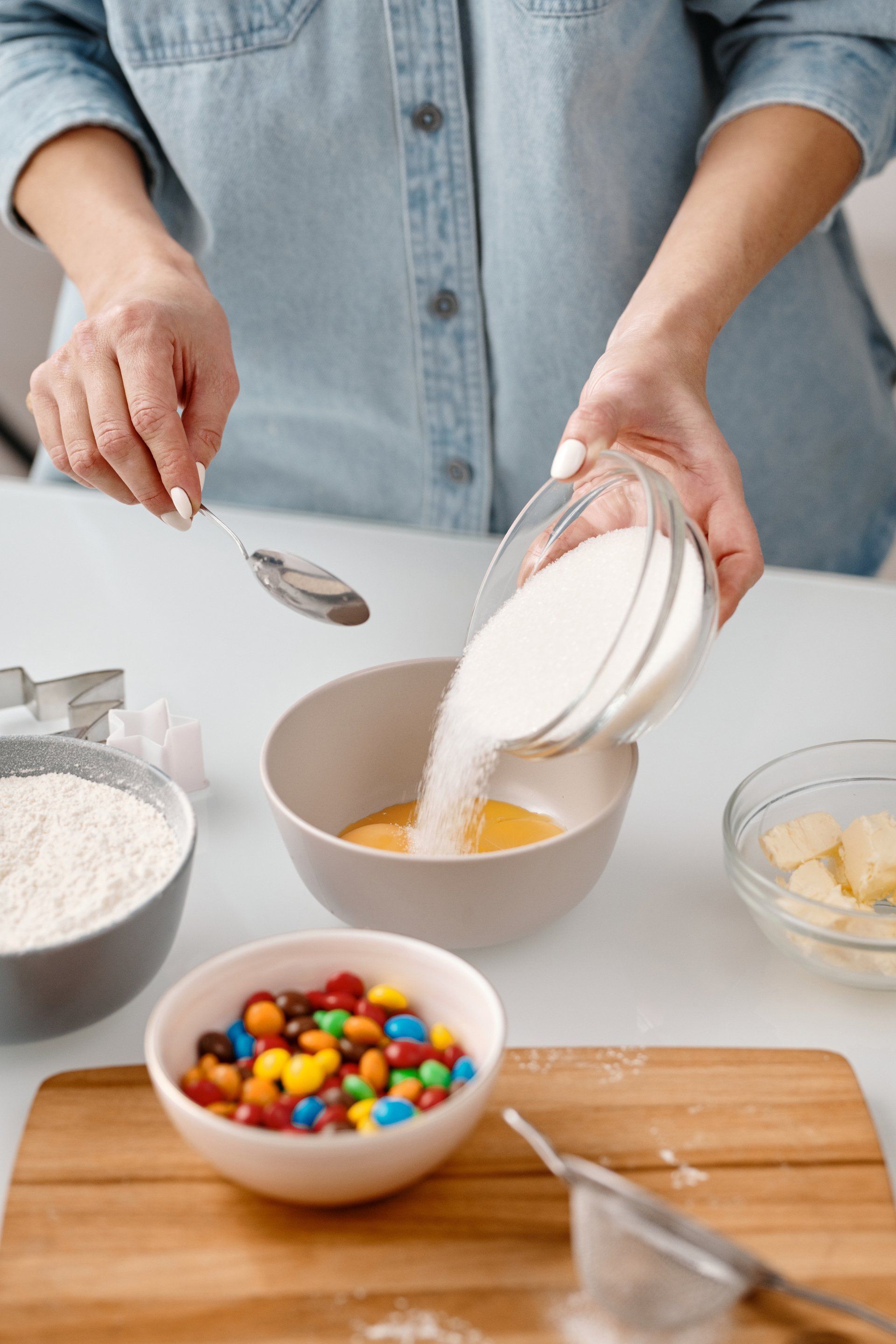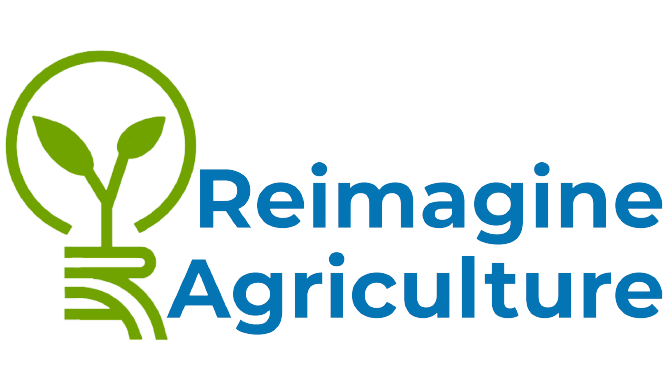Reimagine Dairy
February 19, 2020
Is it time for us to have a real conversation about dairy in Canada?
Written by: Allison Penner
Last year, Canada had to take on the difficult job of negotiating a new trade agreement with the United States to save NAFTA which forced the quota management system to take a small hit. Trudeau promised and delivered massive subsidies to Canadian dairy farmers when he opened up a mere 3.6%
of the dairy sector for competition, yet dairy farmers remained up in arms, saying he was sacrificing dairy livelihoods.
This sense of entitlement seems to hold on despite the severe advantage of the industry. The average dairy producer in Canada takes home about $160,000 per year
even after operating expenses, significantly above the $43,500 average income of Canadians. This means they make 72% more income per gallon than typical dairy farmers around the world. The industry also only employs 6% of farmers, let alone Canadians. Dairy farmers certainly work hard, but so do other farmers and Canadians who do not receive this level of financial compensation.
This is while the entire dairy sector is quickly becoming a thing of the past. In Canada’s most recent food guide release, its evidenced based approach where it discarded using industry-funded studies caused dairy to be all but fully relegated from the plate due to its lack of nutritional benefits and many detrimental effects. In fact, Dr. Michael Greger (leading expert doctor at Nutritionfacts.org) connects dairy to potentially being linked to multiple cancers, hormonal and fertility interference, an increase in cholesterol and one of the main dietary sources of trans fats.
Environmentally, dairy should clearly be made a thing of the past. Despite the industry pushing focus on the resource usage of plant milks, across the board dairy creates more greenhouse gas emissions and uses more water and land than rice, soy, oat, and almond milk. It simply isn’t an efficient use of resources for calories and nutrients and its continued use doesn’t make sense in any sustainable plan.
It also doesn’t make much sense from a moral perspective. For a cow to be able to produce milk, it needs to have been pregnant and given birth. This means that calves, their babies, are often taken away from their mothers quickly after the birth, with both crying out and longing for the other for days to months. They can even recognize each other after years of separation. Many of the male calves are killed as they are deemed useless. Anyone who has had children knows the immediate bond that’s formed at birth and through breast feeding, but we collectively delegitimize these same experiences and emotions when they’re simply in a different species.
That alone only captures a small part of their suffering. Across the board, Canada allows for many incredibly unethical practices. Cows often undergo invasive and painful procedures including dehorning, ear tagging, nose ringing, various types of restraints and talk docking. They are forced to experience extreme heat and cold in transportation and are deprived of food and water in their transportation to reduce the likelihood of fecal matter contamination after slaughter. Many dairy farms go functionally unmonitored, yet when advocates try and draw attention to these issues, the government considers introducing a bill to protect the farmers, not the animals or the advocates.
With a new budget being released in a few months, it’s time for all the parties to stand up to the dairy lobby bullies and make changes to do what’s best for Canadians, the environment, our health, and the animals.
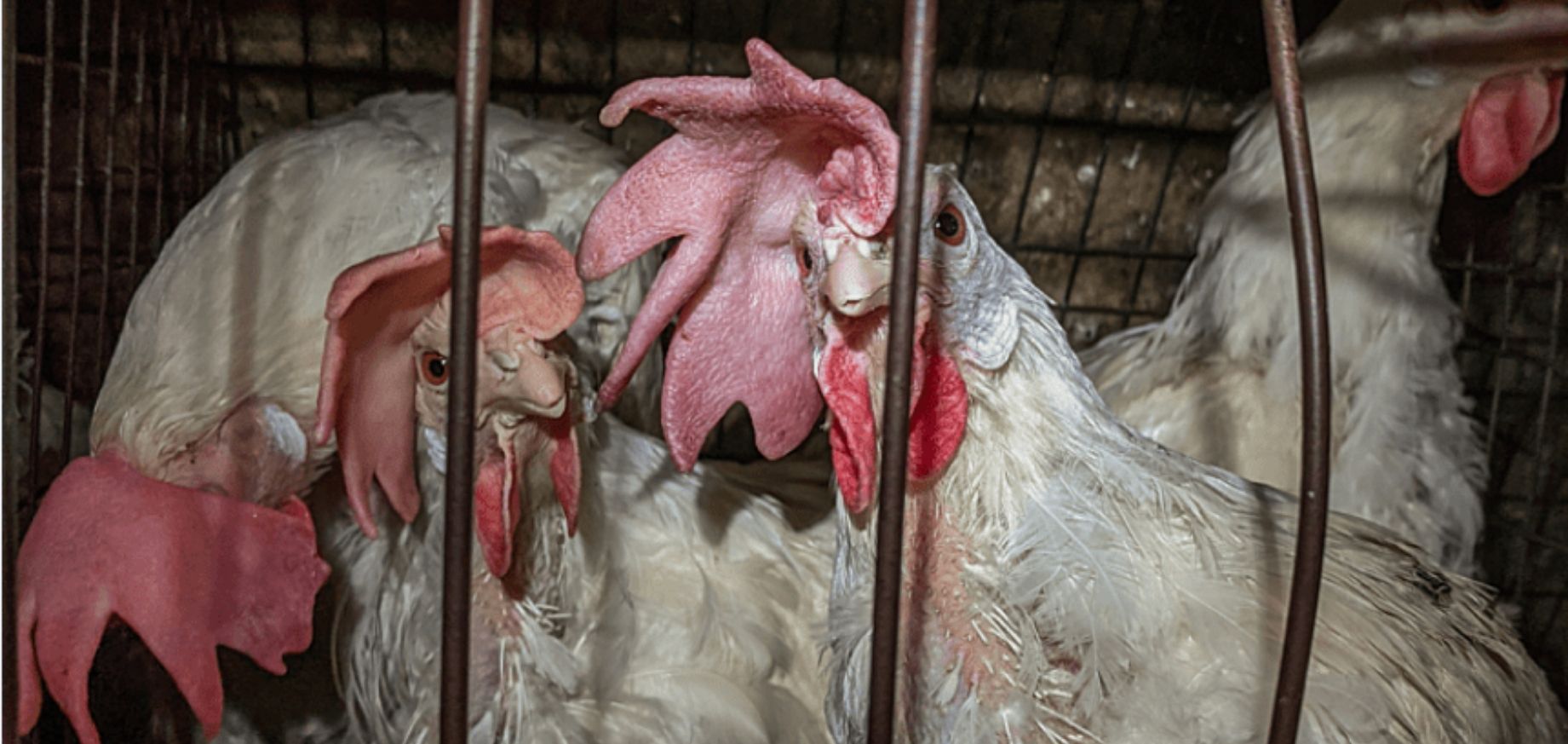
Originally posted on Mercy For Animals' web blog . I am grateful for Mercy For Animals’ work in highlighting the unacceptable lack of progress in cage-free hens in Canada, as outlined in their new report, Beyond the Commitment: Evaluating Cage-Free Progress Across the Canadian Retail Sector . As the report demonstrates, Canada’s percentage of cage-free hens (20%) lags behind global standards, including those of the US (45%), Australia (62%), and the EU (82%). This failure to meet the most basic standards of the agricultural industry highlights the lack of governance and transparency in Canada’s food system. The reality is that there are no federal standards for farm animal welfare. To quote a former farm worker, “You don’t need to be an animal advocate to believe in cage-free hens”. It is clear to any typical individual who visits these operations that caged hens are unacceptable. It is not a matter of if, but when cage-free hens become required by law. The agricultural industry can do itself a favour by taking steps forward and becoming a leader, rather than watching itself lose the trust of consumers and face greater regulation at a far higher cost. Allison Penner is the Executive Director of Reimagine Agriculture . She drives collaborative solutions to key challenges in Canada’s food system, focusing on food tech, cultivated meat, food waste reduction, and plant-based food systems through policy development, public education, and media commentary on a forward-thinking agricultural future.
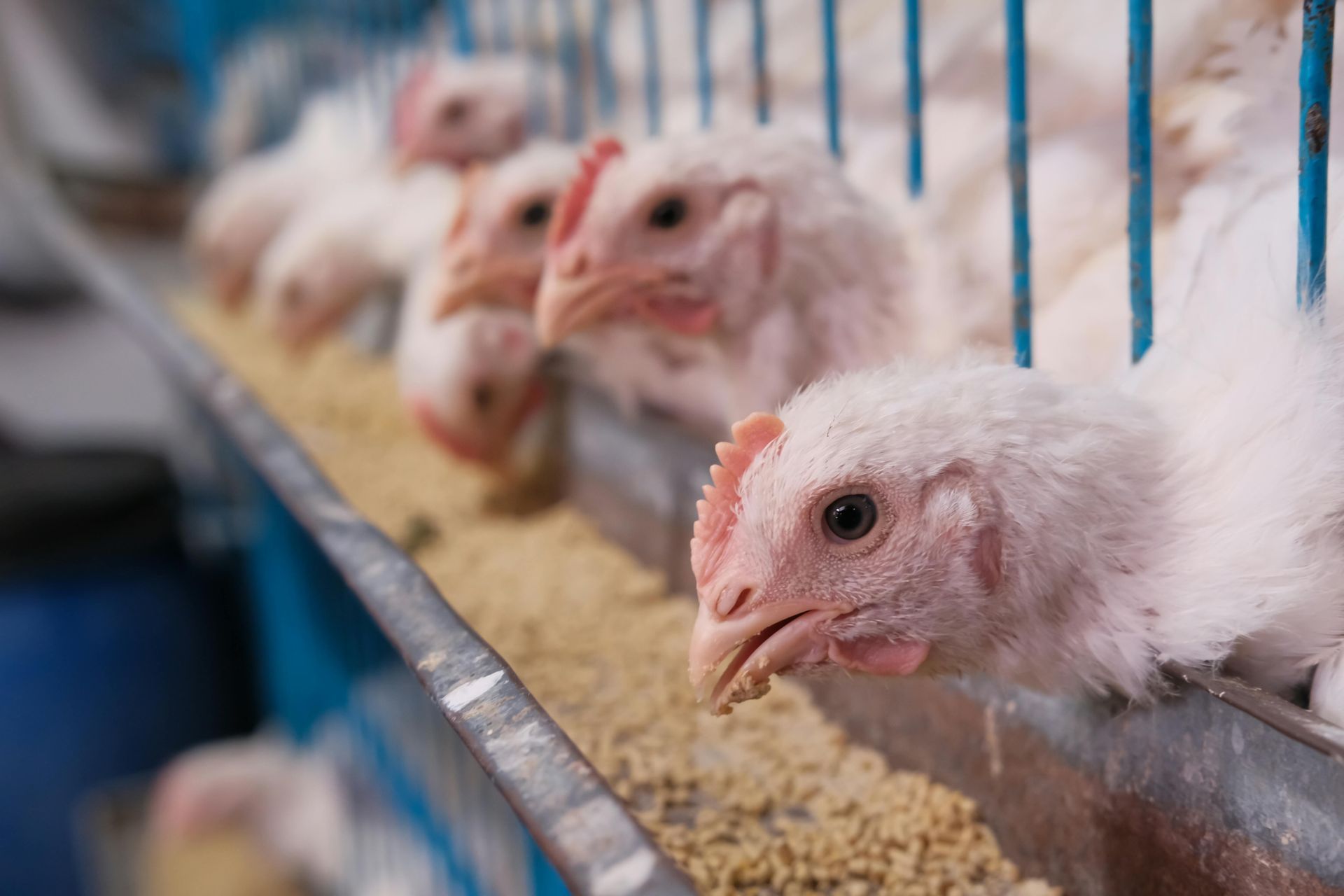
The 2024 Canada Animal Welfare Scorecard evaluated animal welfare commitments and transparency across 40 leading Canadian food companies. Focusing on cage-free eggs, gestation-crate-free pork, and adherence to Better Chicken Commitment (BCC) standards, the report uncovers serious gaps in transparency, industry-wide “humanewashing,” and persistent animal welfare issues. Here’s a breakdown of the most troubling findings. 1. Lack of Transparency in Major Retailers and Foodservice Providers Walmart Canada, Calgary Co-op, and Federated Co-operatives have demonstrated minimal transparency, failing to publish updates or roadmaps on their animal welfare commitments. Walmart Canada is the only top-five retailer in Canada not reporting any progress on welfare practices, despite publishing incremental updates in the U.S. Meanwhile, Calgary Co-op still lacks any published policies or progress toward ending confinement for hens and pigs, despite its members’ vote to support humane conditions over a decade ago. 2. Misleading Industry Claims and "Humanewashing" Tactics A major issue facing Canadian consumers is the widespread “humanewashing” in the food industry, where companies use misleading labels and terminology to suggest higher animal welfare standards than actually practiced. Companies like Burnbrae Farms label their eggs as “Nestlaid,” implying cage-free conditions, which leads nearly half of surveyed consumers to mistakenly believe these eggs come from open barns. Industry groups, including Chicken Farmers of Canada , amplify this confusion by using terms like “family farms” to evoke images of small, humane operations, even when products are sourced from intensive confinement systems. Rather than improving actual welfare standards, these organizations invest heavily in shaping public opinion through corporate responsibility reports and marketing campaigns, leaving consumers misinformed about the true conditions behind their food. 3. The Crisis of "Frankenchickens" in Poultry Production The Canadian poultry industry’s use of ultrafast-growing birds, often termed “Frankenchickens,” remains a primary welfare issue. These birds are bred to grow four times faster than chickens in the 1950s, resulting in painful health problems and limiting their ability to move or access food and water. Although companies have pledged to stop using these breeds by 2026, few have shown significant action on this front. Major Canadian poultry producers continue to use these breeds, creating severe welfare implications. 4. Continued Use of Gestation Crates for Pigs Gestation crates remain the norm across Canadian pork production, confining mother pigs in cramped stalls that prevent them from turning around. Some progress is evident, with companies like Costco and Starbucks Canada reporting steps toward group housing. However, Walmart Canada and Federated Co-operatives have not published policies or progress. While the industry timeline for complete phase-out stretches to 2029, these companies have yet to implement meaningful welfare improvements, prolonging extreme confinement for Canada’s 1.2 million breeding sows. 5. Slow Progress in the Shift to Cage-Free Eggs Despite growing opposition to cage confinement from Canadian consumers, the Canadian egg industry continues to invest in “enriched” cage systems that offer only minor improvements over conventional battery cages. Companies like Metro and Sobeys committed to sourcing cage-free eggs but report slow progress across their supply chains, while Calgary Co-op has yet to report any steps forward. Globally, over 2,600 companies have committed to eliminating cages, but Canada falls behind due to its reliance on slightly modified cage systems. Moving Forward: Accountability and Clear Roadmaps Required Companies need transparent roadmaps, annual goals, and consistent reporting to keep pace with rising consumer and investor expectations. Brands such as A&W Canada, Aramark, and Panago Pizza have set strong examples, publishing BCC-compliant policies and reporting progress, proving tangible progress is achievable. However, for others, a significant gapremains between public promises and the welfare practices in their supply chains.
